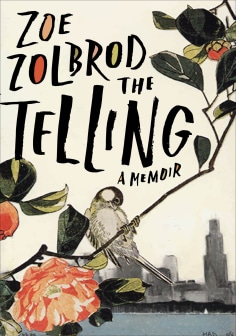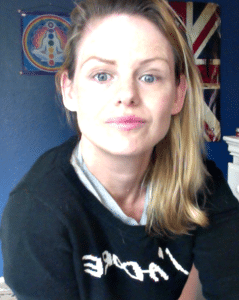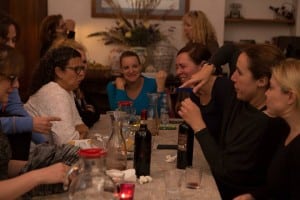By Maggie May Ethridge
I always hated running. Running gave me rabbit ears, pink and tender, and set an ache roaring through my temples that eventually drilled deep into my ear drum, where I could then hear it beating a protest. Running made my thighs break out in large, itchy patches that I tore into, leaving long red scratch marks. Running gave me a side stitch and shin splints, a gash, a rash and purple bumps- yes, I understood Shel Silverstein’s little Peggy Ann McKay perfectly. I would and did dance for hours, lift weights, climb the Stairmaster, do yoga, pilates and hike- but I would not run.
I had birthed my last and fourth child three years ago. I was heartbroken inside my marriage and on the other side of the worst two years of parenting I’d ever experienced. I felt lost inside the needs of my large family. My weight had crept up. I wasn’t weighing myself- with two daughters, I have mostly avoided that dangerous pursuit- but I felt bloated, anchored and exhausted. In the afternoon or evening I would put on a workout DVD and give twenty or thirty minutes to movement. I still had the Kathy Ireland workout VHS from my twenties and a FIRM butt routine, and I enjoyed the ridiculousness of existence while squatting and thrusting in my living room.
One day I sat in my living room and looked at my tennis shoes and suddenly the total simplicity of running was as desirable as dark chocolate cake, orgasm, reading. I can pull on some shoes, step out of my house, and go wherever I want, I thought. Running requires nothing other than a place to run, and the will to do so. In that moment, I had both. Continue Reading…



 Stir Journal, The Weeklings, The Manifest Station, The Nervous Breakdown, The Chicago Reader, and The Rumpus, where she is the
Stir Journal, The Weeklings, The Manifest Station, The Nervous Breakdown, The Chicago Reader, and The Rumpus, where she is the 









